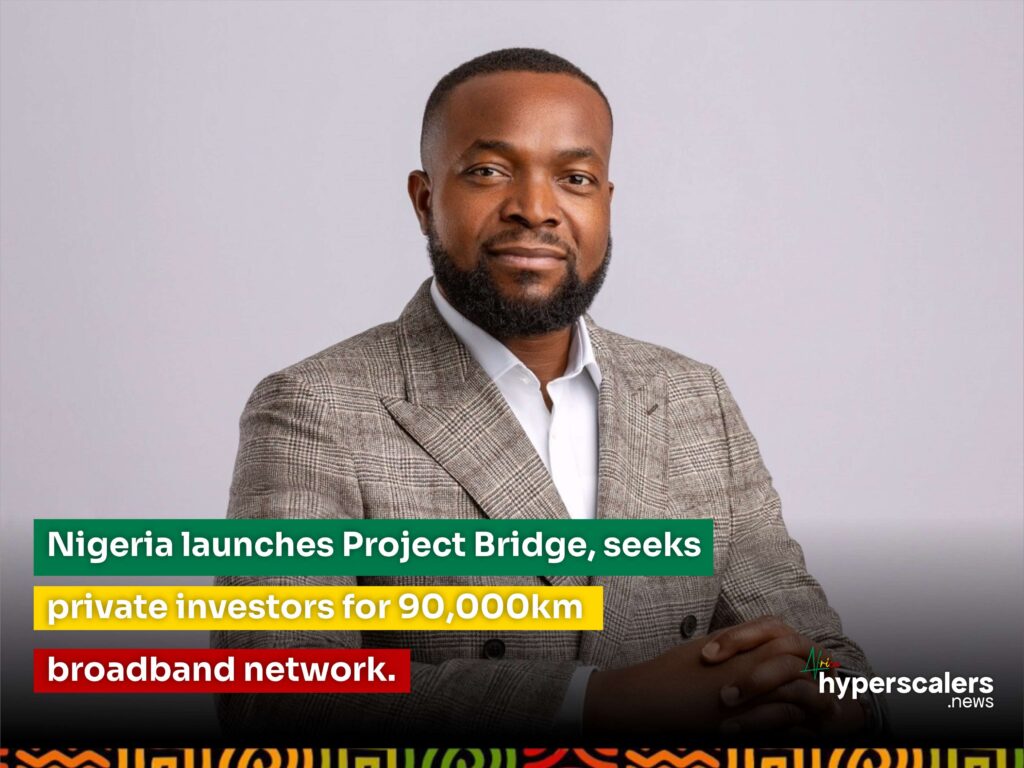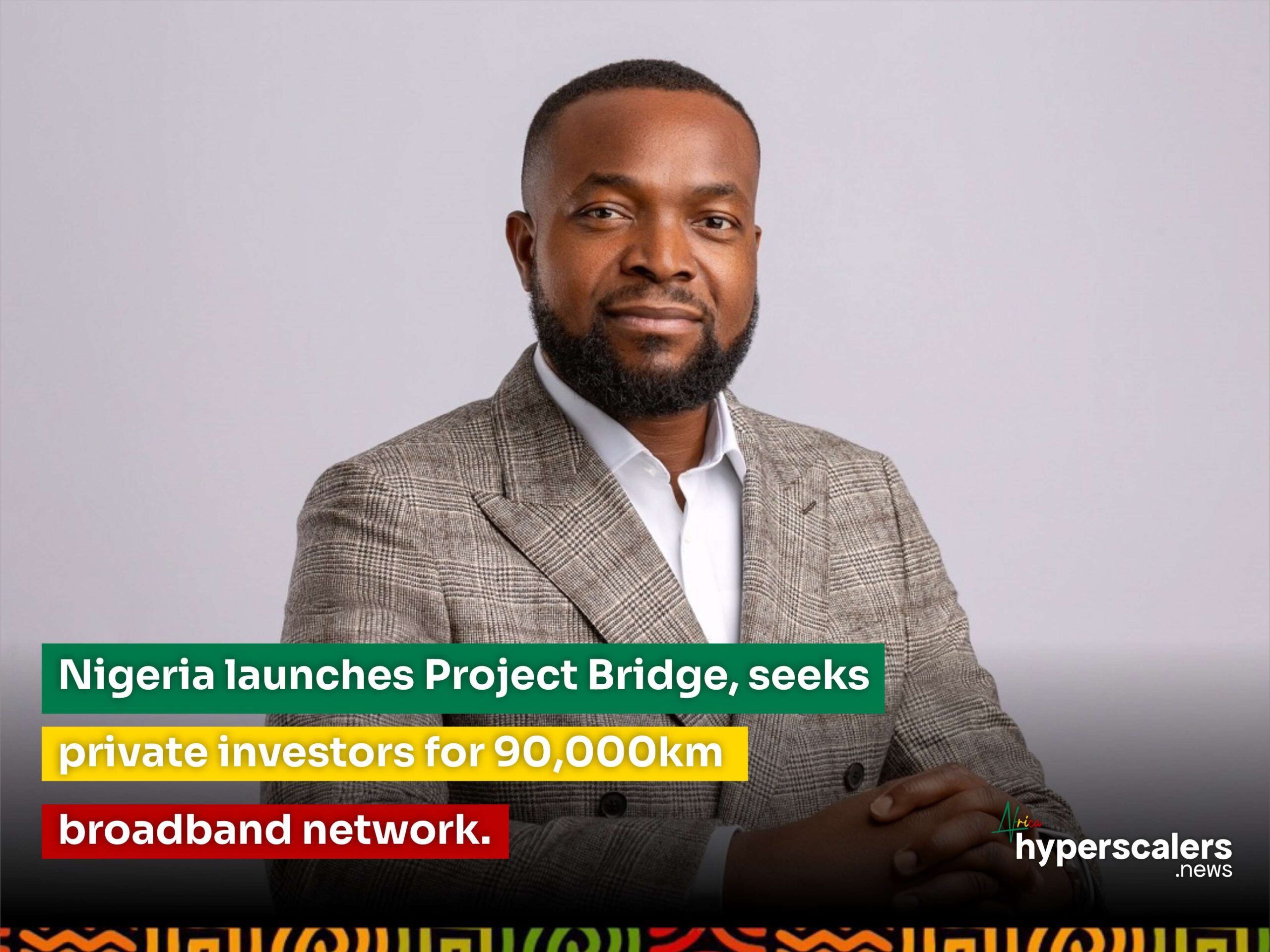The Nigerian government has launched Project Bridge, a sweeping digital infrastructure initiative aimed at deploying 90,000 kilometers of fiber optic cable nationwide. The project, led by the Federal Ministry of Communications, Innovation, and Digital Economy under Minister Dr. Bosun Tijani, seeks to attract private sector investment through a Public-Private Partnership (PPP) model.
Project Bridge – formally titled Building Resilient Digital Infrastructure for Growth – is designed to enhance broadband connectivity, support economic growth, and accelerate Nigeria’s digital transformation.
Under the PPP structure, the government will retain a 25% to 49% equity stake in a newly established Special Purpose Vehicle (SPV). The SPV will operate as an independent limited liability company, governed by a board of directors with expertise in telecommunications, infrastructure, and finance.
“This initiative will help close Nigeria’s infrastructure gap and deliver the kind of high-speed, affordable internet access required to power innovation and inclusive economic growth,” said Dr. Tijani.
The Ministry emphasized that the investor invitation aligns with the Infrastructure Concession Regulatory Commission (ICRC) Act of 2005 and Nigeria’s National Policy on Public-Private Partnerships, ensuring transparency and accountability throughout the implementation process.

To qualify, private sector partners – both local and international – must be legally registered in their home countries, demonstrate a strong track record in broadband, telecom, or large-scale infrastructure projects, and show financial capacity to support significant equity investments. Investors must also align with Nigeria’s digital economy goals and follow international corporate governance best practices.
Nigeria accounts for roughly 2.5% of the world’s population but holds only 0.0002% of global compute capacity. With mobile broadband penetration at 45% and fixed broadband below 5%, the infrastructure gap is stark. Project Bridge aims to expand internet penetration to over 70%, bring online at least half of the 33 million currently unconnected Nigerians, and reduce the cost of internet access by more than 60%. However, industry leaders warn the project’s success could be undermined by state-level challenges, including Right of Way (RoW) charges, multiple taxation, vandalism, and unofficial levies. “For the 90,000 kilometres fibre project to succeed, the state governments have to take a different view about those providing digital services,” said Engr. Gbenga Adebayo, Chairman of the Association of Licensed Telecoms Operators of Nigeria (ALTON). “For the project to succeed, I think the governments at sub-nationals should take ownership. This issue of state governments seeing right of way as Internal Generated Revenue should be a thing of the past. We can’t talk about the digital economy on one side and the government is seeing those who provide the services as sources of revenue. The government has always come up with good policies, but the implementation – particularly when tested beyond Abuja – is the biggest problem.”





